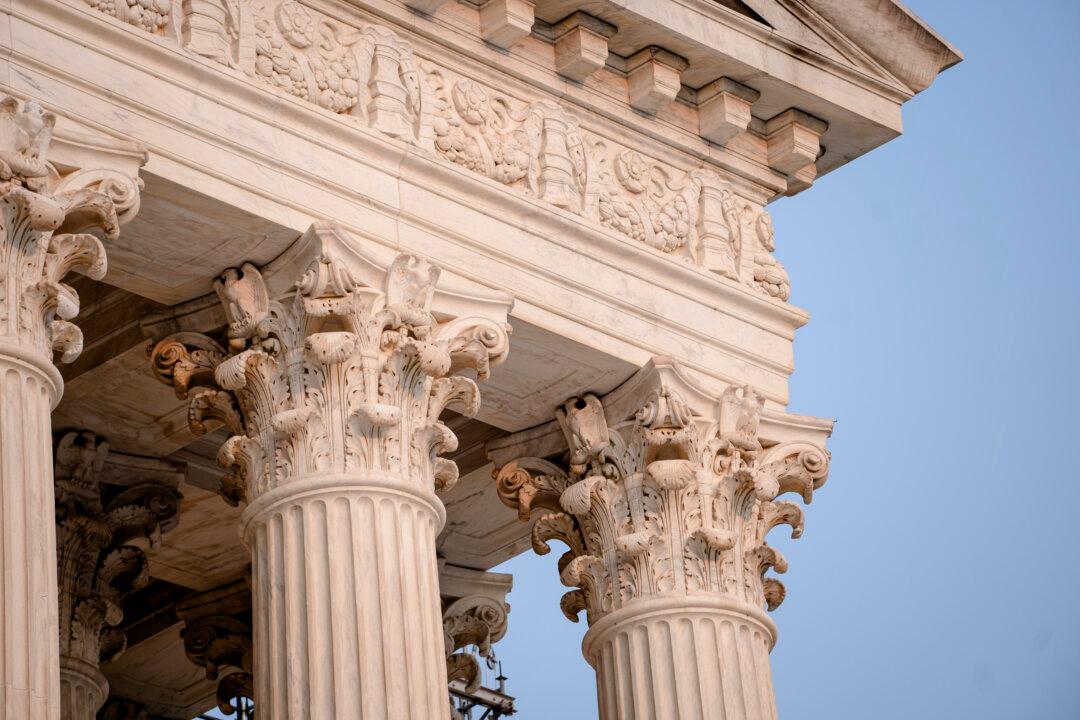The Supreme Court on Aug. 28 turned down President Joe Biden’s request to reinstate a $475 billion student loan relief plan weeks after an appeals court blocked the program.
Justice Brett Kavanaugh referred the application to the full court, which denied it. No dissents were recorded.





